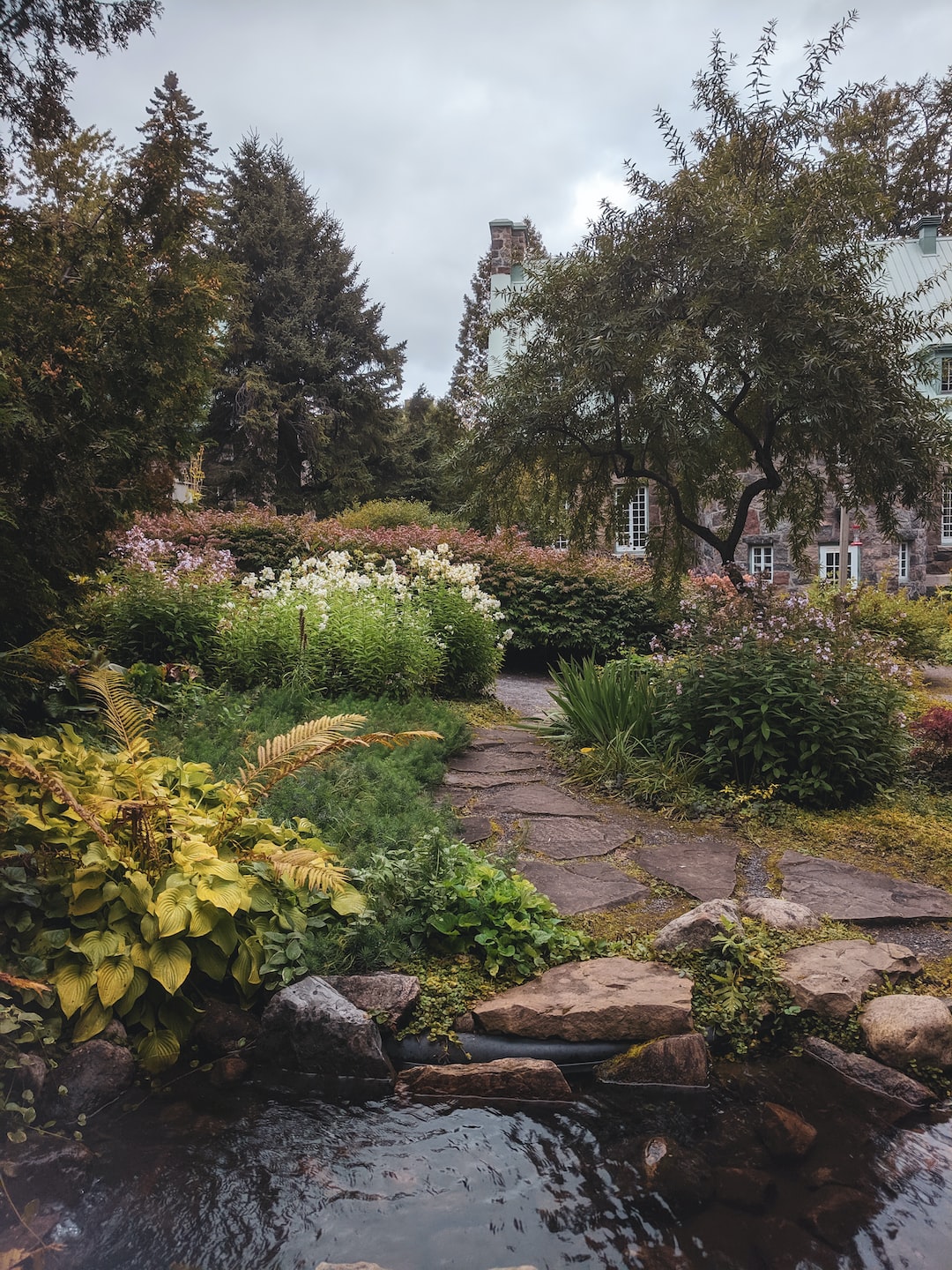Having a beautiful and productive garden is a dream for many individuals. However, it can be disheartening to see pests invade and damage your precious plants. But fret not, there are several effective and organic ways to combat these pests without resorting to harmful chemicals. Here are 10 essential tips for organic pest control in the garden.
1. Identify the pests: Before implementing any pest control strategies, it’s crucial to identify the specific pests affecting your garden. Different pests require different approaches, so make sure to correctly identify them.
2. Encourage beneficial insects: Ladybugs, lacewings, and praying mantises are examples of beneficial insects that can help control pests in your garden naturally. Attract them by planting plants that provide them with food and shelter, such as dill, fennel, and yarrow.
3. Practice crop rotation: Crop rotation is a preventive measure that helps minimize the risk of pests building up in your garden. By rotating crops each season, pests specific to certain plants will be discouraged, as they won’t find their favored host plants.
4. Use organic insecticides: There are several organic insecticides available in the market that target specific pests without harming beneficial insects or the environment. Common options include neem oil, pyrethrin, and diatomaceous earth.
5. Apply companion planting: Certain plants have natural abilities to repel pests or attract beneficial insects. For instance, planting marigolds can deter pests such as aphids and nematodes. Research companion planting techniques to maximize the pest control benefits in your garden.
6. Barriers and traps: Physical barriers, like nets or floating row covers, can protect plants from flying insects and birds. Meanwhile, sticky traps can be used to catch pests like aphids, whiteflies, and fungus gnats.
7. Hand-pick pests: For larger insects or visible pests, manually removing them can be an effective and organic method. Regularly inspect your plants and hand-pick pests like caterpillars or slugs.
8. Maintain soil health: Healthy soil leads to healthy plants, which are better equipped to resist pest attacks. Improve your soil’s fertility by regularly adding organic matter, such as compost or aged manure, to encourage strong plant growth.
9. Practice good garden hygiene: Removing fallen leaves, dead plants, and weed growth regularly helps eliminate hiding places and reduce the risk of pests finding shelter. Keeping the garden tidy can go a long way in reducing pest populations.
10. Research natural remedies: There are countless organic and natural remedies available for specific pests. For example, spraying a mixture of water and garlic or soap can deter pests like aphids and mites. Explore these remedies and experiment to find out what works best for your garden.
With these 10 essential tips for organic pest control in the garden, you can maintain a healthy and thriving garden without the use of harmful chemicals. Embrace these practices and enjoy the bountiful rewards of a pest-free and eco-friendly garden.


